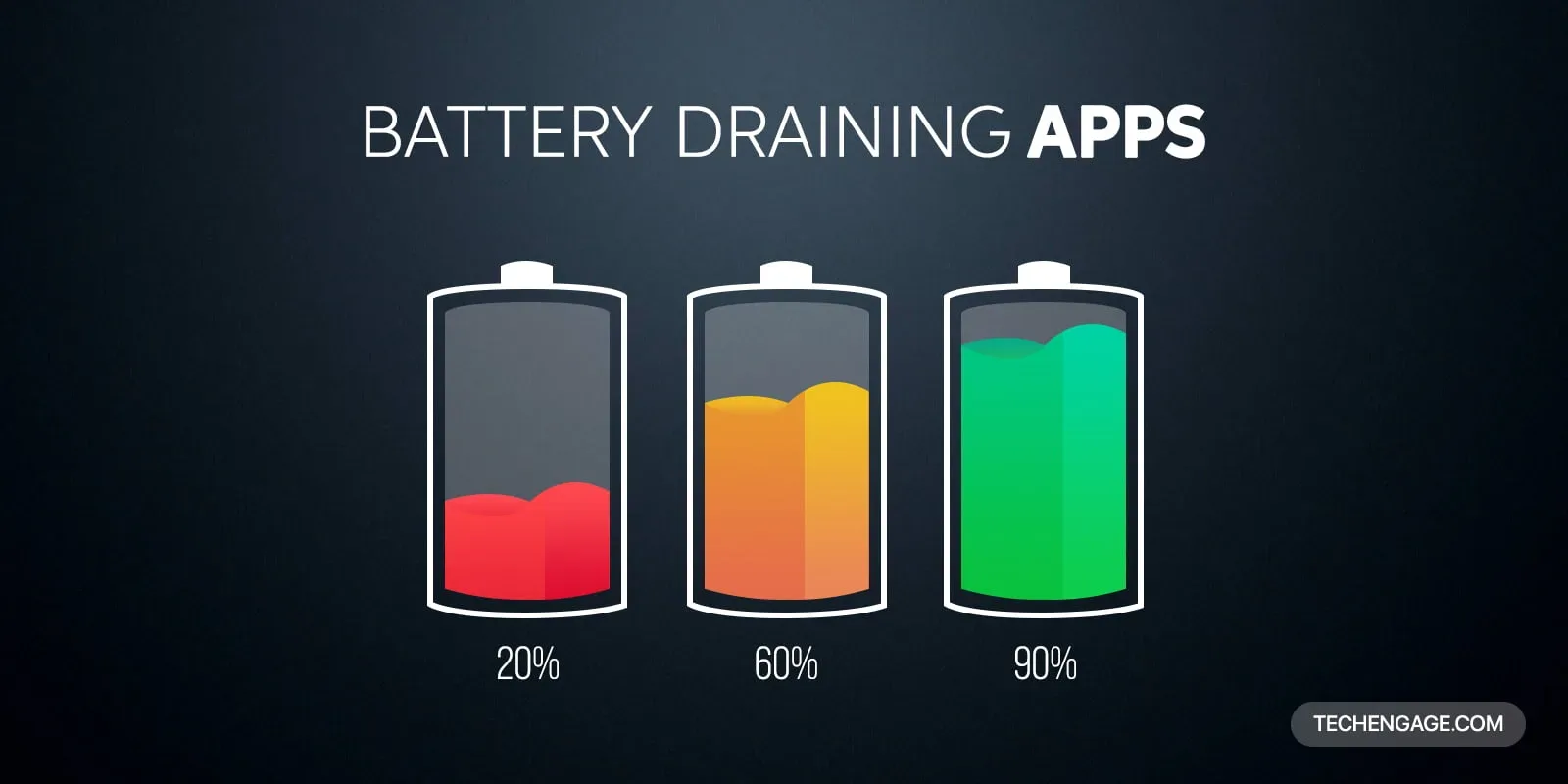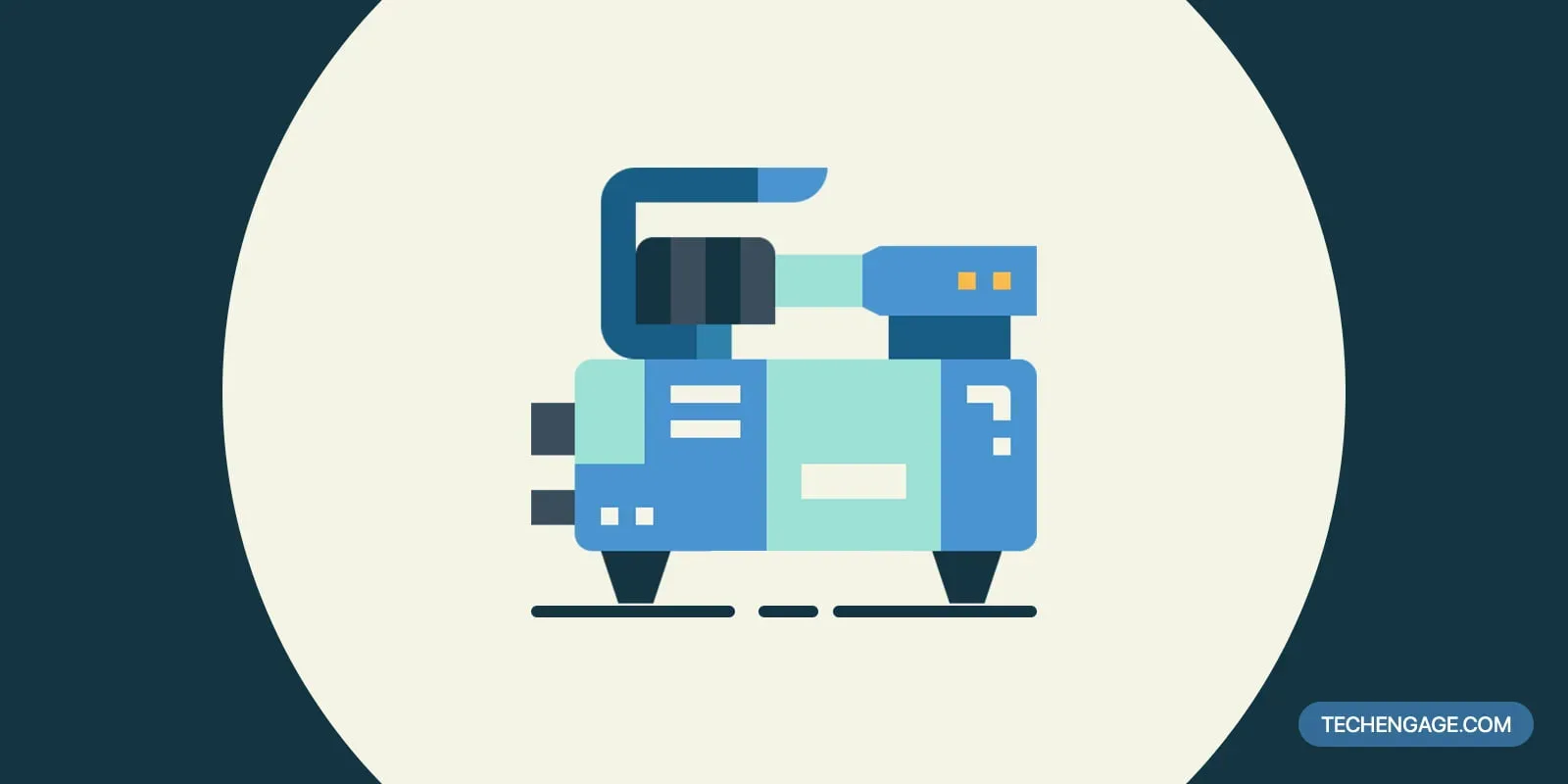It seemed like a good idea (or at least a good publicity stunt) back in 2015. But now, after a few years of putting up with inefficient and otherwise problematic robots (that, frankly, were never ready for prime time), Japan’s Henn na, or “Strange,” Hotel, is getting rid of over half of its robots. That’s right, the hotel recognized by the Guinness Book of World Records as the world’s first robot hotel is now laying off its robo-staff.
In its opening press release, the hotel invited visitors to “Enjoy conversations with robots with a humanly kind of warmth, while they work efficiently.” But instead, guests were constantly calling down to the front desk to complain about mistakes, malfunctions, or even annoyances such as robotic assistants asking them to repeat themselves when activated by loud snoring. Needless to say, it doesn’t sound like anyone was having a relaxing stay or getting a good night’s sleep.
At its high point, the hotel “employed” 243 robots (up from around 80 at its launch). That number has been reduced by half because the human staff simply could not respond to every problem they created. The robots made for far more work instead of reducing the need for human labor.
In a story published January 14th by the Wall Street Journal (beware, paywall ahead), a worker expressed relief over the decision:
“It’s easier now that we’re not being frequently called by guests to help with problems with the robots.”
Strange Hotel did itself in by trying to solve every conceivable problem with large humanoid robots. They stored luggage, played bartender, cleaned rooms, and appeared in rooms as doll-shaped assistants. At first, the guests’ love of the robots at first only encouraged the owner to add more, including dancing dog robots in the lobby (that by mid-2016 were largely malfunctioning or in need of a charge).
But instead of helping to ameliorate labor shortages that Nagasaki faced, they created the need for more human labor not just to deal with the robots’ mistakes but to keep them fully charged. At one point, the hotel’s goal was to have “more than 90 percent of hotel services operated by robots” while still giving guests access to humans 24/7 in case of emergencies.
In the end, it probably didn’t help that their check-in robot was a large creepy velociraptor or that the in-room assistants were little dolls (visions of Chucky, anyone?). The delivery robots needed flat surfaces to roll across, and so were only able to access about a quarter of the hotel’s room. The robots couldn’t get wet and their movements were also sometimes noisy. In a commitment to staying energy efficient even with all the tech around, the hotel didn’t provide televisions, refrigerators, or phones in guest rooms.
The WSJ reported:
“…a guest at the hotel in 2017, said that after an irate exchange with Churi he decided to phone the hotel reception, only to find there was no phone in the room because the assistant was intended to handle guests’ requests. He used his cellphone to call the main hotel number to reach a human worker.”
Not exactly the kind of convenience one is looking for when they check into what’s supposed to be one of the most efficient hotels in the world.
The robots were also a huge up-front investment into technology that changes rapidly. Some of the robots were so unique that there were really no updates they could program over the next 4 years and the cost of replacements was simply too high.
There’s no telling how this one failure will affect other hotels and their use of robotic assistants. Many other hotel chains use robots for simple tasks such as delivering mail, toiletries, and drinks to rooms.
And while the fully autonomous hotel didn’t work out for Hideo Sawada, president of the travel company that owns the hotel, he isn’t giving up on robots altogether. He’ll be keeping the ones that are at least somewhat useful and use technologies that are much more likely to make stays easier and more efficient, such as employing solar panels and using facial-recognition technology to open guest room doors. From now on he’ll stick to useful robots rather than robo-gimmicks. He told the newspaper: “When you actually use robots you realize there are places where they aren’t needed—or just annoy people.”
It’s a lesson we’re all about to learn as these bots become ubiquitous.



